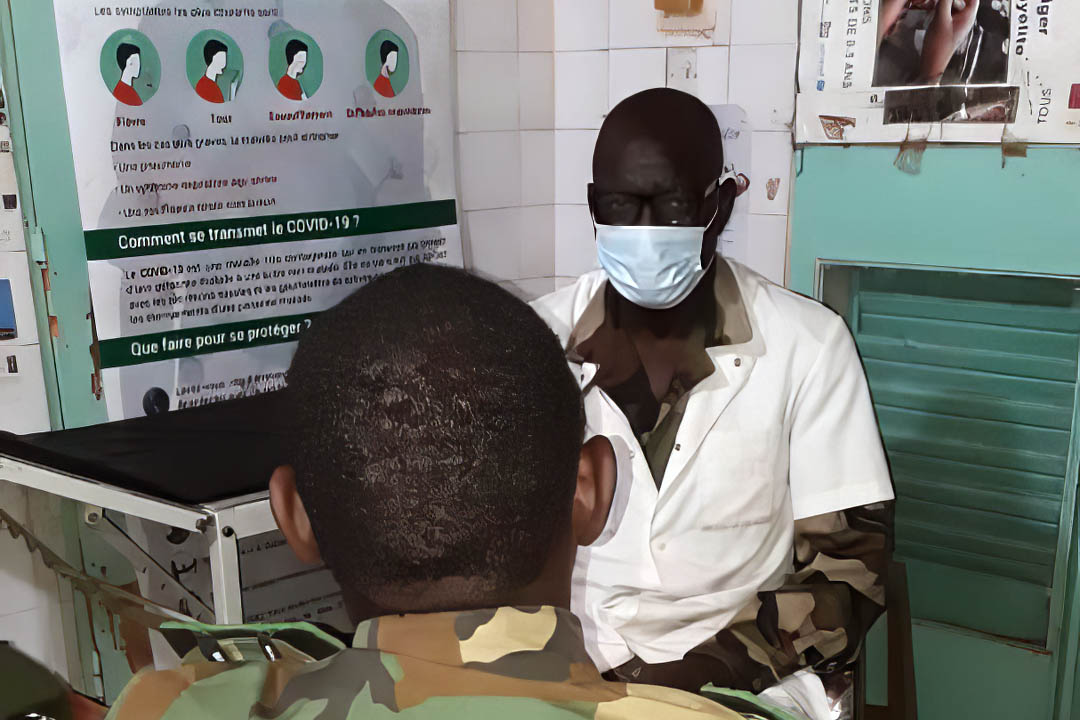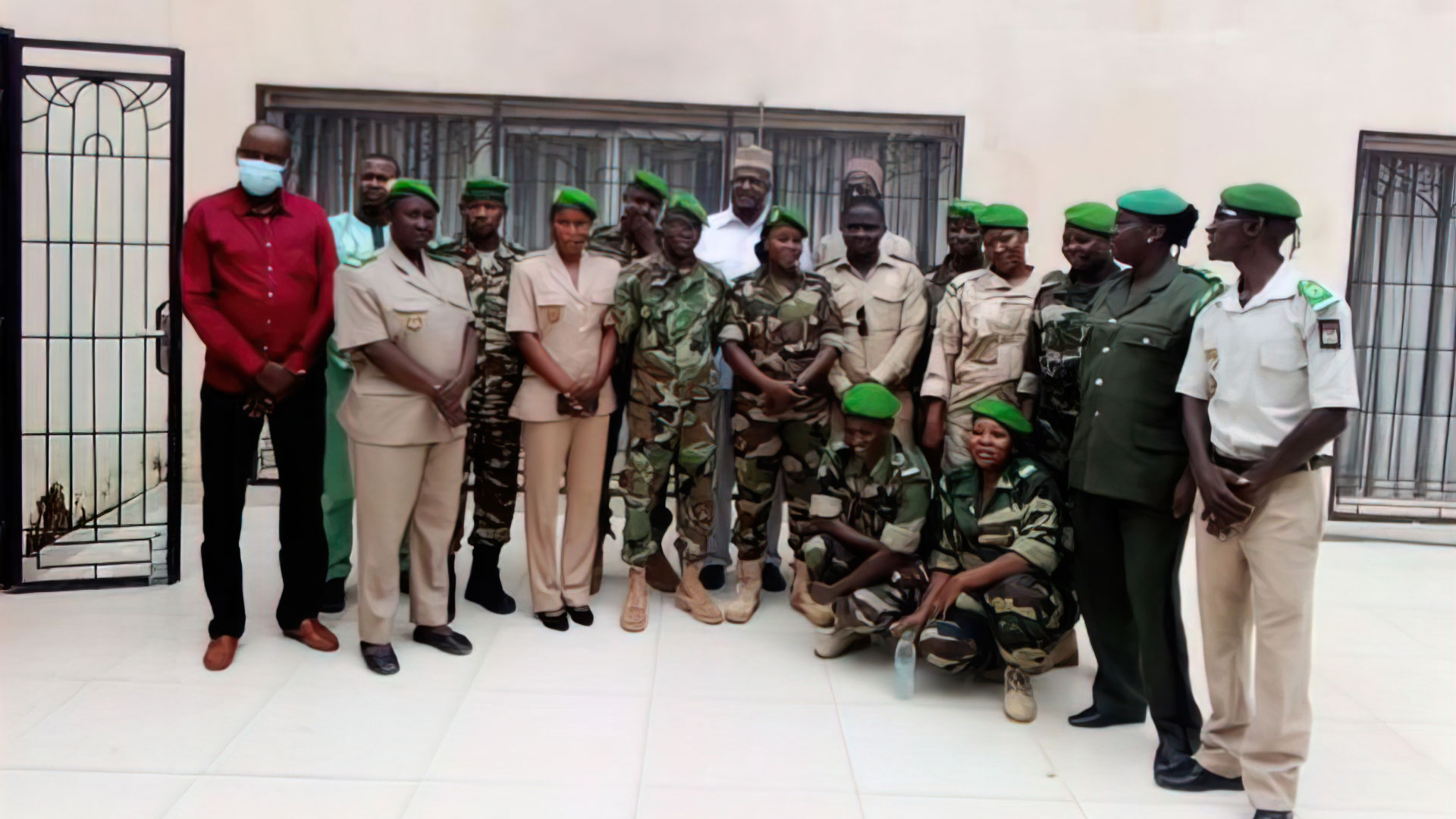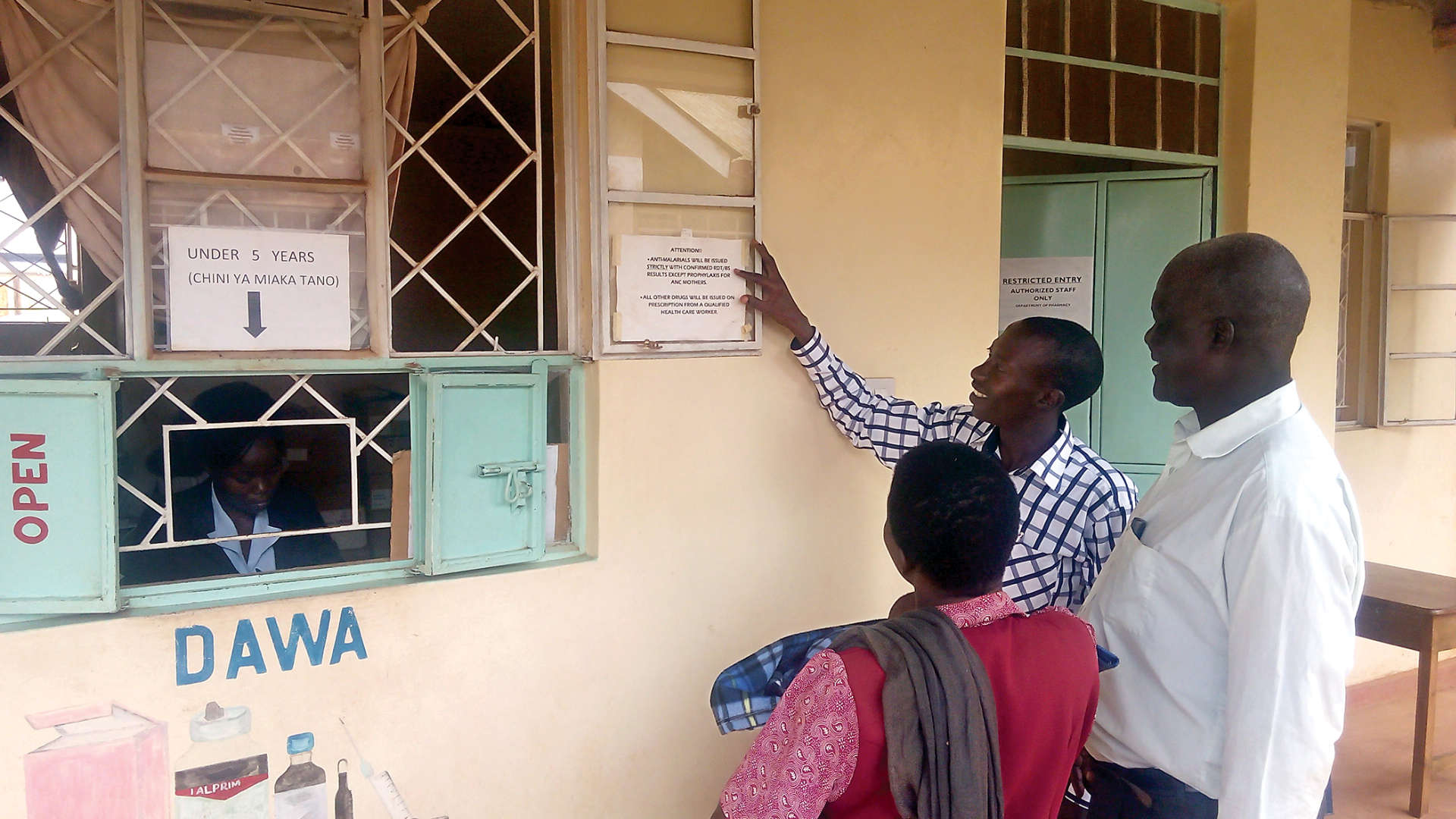HIV prevalence in Niger is low – approximately 0.2% for adults between 15-49. However, HIV prevalence within the defense and security forces is estimated to be approximately 1.1%. Members of the military and their families typically are at high risk of contracting and spreading HIV because soldiers move frequently for their jobs. Military posts in conflict zones also can expose soldiers and surrounding communities to increased HIV risk.
The Nigerien Armed Forces (FAN) provide health services for all soldiers and police officers. The Government of Niger and its partners – including the U.S. Department of Defense (DoD) have worked together since 2015 to meet UNAIDS’ 95/95/95 goals for HIV testing, treatment, and viral load suppression.
The Department of Defense HIV/AIDS Prevention Program (DHAPP), Niger project strengthens HIV services provided to the military and surrounding communities. A key project initiative is the introduction of index testing, which detects previously unknown HIV cases and connects people living with HIV to treatment.
Testing Contacts of New HIV Cases
Index testing – also known as partner notification – is an effective case-finding strategy that targets the exposed contacts of HIV-positive persons for HIV testing.
During this voluntary process, counselors and/or health care workers ask index clients – individuals newly diagnosed as HIV-positive and/or an HIV-positive individual who is enrolled in HIV treatment services – to list all their sexual or injecting drug partners within the past year and any children they have. All index testing must be consensual, confidential, and include counseling, accurate test results, and links to treatment or prevention services.
DHAPP, Niger developed training materials on index testing, specific registers – one for index cases and another for contacts – and data collection tools to monitor the testing. At the end of the project’s second year, the team trained 65 medical providers in 13 high-volume military facilities across Niger to lead the process of sharing a patient’s HIV status with sexual partner(s) and family members, and initiating testing for those at risk.
In addition, the project held follow-up supervisory visits at three sites carrying out index testing to reinforce lessons learned from the initial training. The team also assisted health providers by answering their questions about implementing index testing both in meetings and through follow-up telephone calls.
To further expand the practice, the project team focused on promoting index testing in high-caseload facilities where most HIV-positive patients are identified, such as the main military hospital in Niamey. Additionally, supervisors and coaches discussed and reinforced index testing during every contact with FAN health personnel.
In collaboration with the Niamey Military Hospital’s health staff, URC created a plan to share their progress, data, and lessons learned, as well as ways to address challenges with providers, health managers, and senior military managers.
Finding Missing HIV Cases in the Military
At the end of the project’s first year – before index testing was introduced – 47 HIV cases were found from 4,678 people tested at the armed forces health centers. During this time, health care providers did not detect any HIV cases from contacts.
The first index testing training was held in September 2020, the end of the project’s first year. All trained sites were asked to start index testing. This resulted in:
- Having 45 index cases accept screening of their contacts;
- 56 contacts from these index cases tested;
- Discovering four HIV-positive contacts.
At the end of the project’s second year, the team coached FAN staff at Niamey Hospital, which had the highest HIV/AIDS caseload. The team tested 118 contacts of 145 index cases identified from 9,151 tests. This resulted in the identification of five HIV-positive cases. All new cases were linked to treatment in the same facilities where the index cases are treated.
The project continues to support FAN health providers to overcome site-specific challenges in implementing index testing. These include:
- Turnover of trained personnel;
- Unavailability of contacts at the index cases’ residence; and
- Travel constraints of certain contacts to reach a health facility for testing.
Halima Mainassara, Chief of Party of DHAPP, Niger, said that index testing is taking the project’s fight against HIV in the right direction.
“Every new HIV case detected is important – their contacts also need to be tested,” Mainassara said. “This ensures that all individuals who test positive will receive treatment and that the virus cannot spread further. HIV will not end until we prevent all avenues for the disease to spread.”



